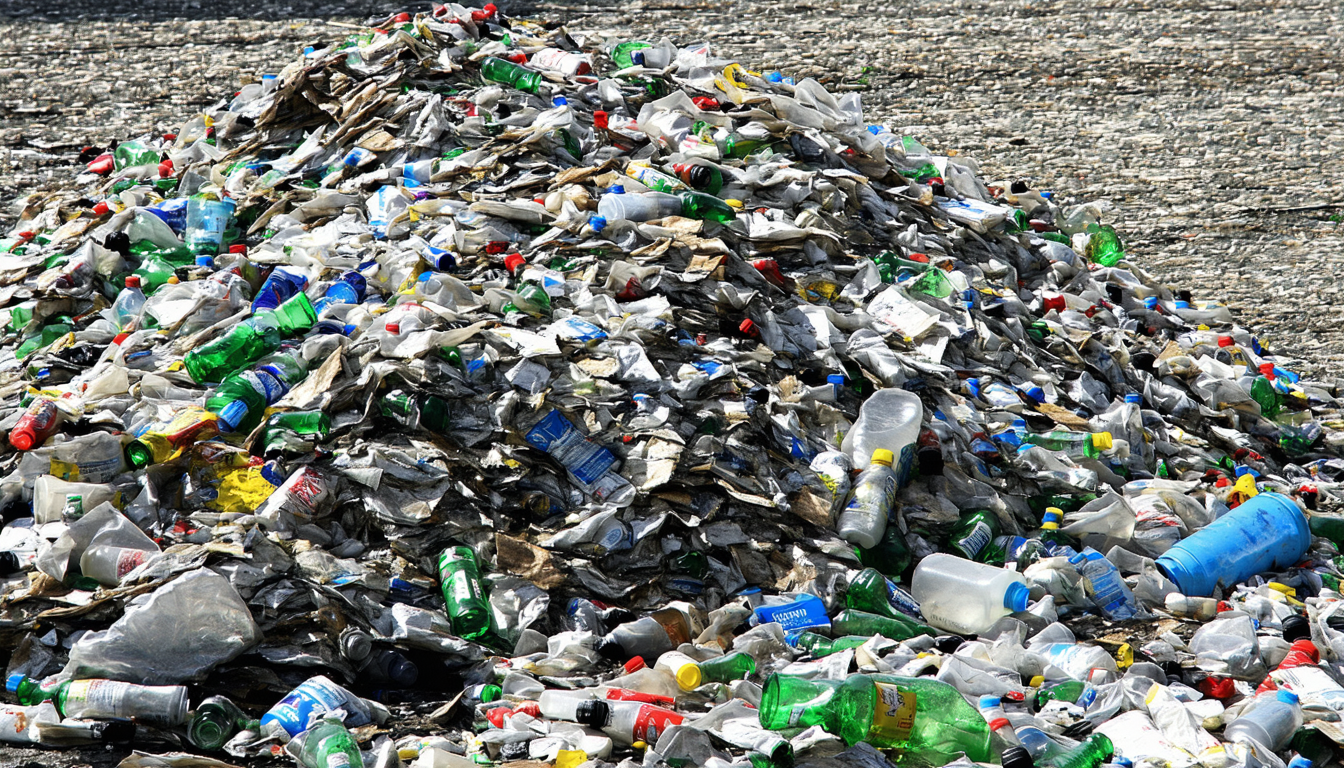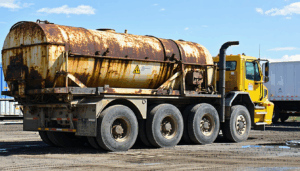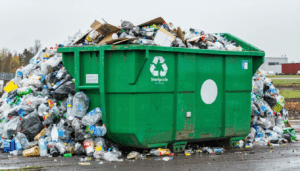In a significant shift toward sustainable practices, waste management companies across the United States are implementing cutting-edge technologies and strategies to address growing environmental concerns. Industry leaders announced several major initiatives this week aimed at reducing landfill waste, increasing recycling rates, and promoting circular economy principles. These developments come as municipalities face mounting pressure to meet stricter environmental regulations while managing increasing volumes of consumer and industrial waste.
Revolutionary Technologies Transform Waste Processing
Waste Management Inc., the nation’s largest waste disposal company, unveiled a $100 million investment in advanced sorting facilities equipped with artificial intelligence systems. These new facilities, set to open in Chicago, Houston, and Seattle by early 2026, will dramatically improve recycling efficiency.
“Our AI-powered optical sorting technology can identify and separate materials with 95% accuracy, compared to 70% with conventional methods,” said Elizabeth Chen, Chief Technology Officer at Waste Management. “This represents a quantum leap in our ability to recover valuable materials from the waste stream.”
The technology uses machine learning algorithms to identify different types of plastics, metals, and paper products, enabling more precise sorting than ever before. Industry analysts project these advancements could increase recycling rates by up to 40% in participating cities.
Meanwhile, Republic Services has introduced a fleet of electric collection vehicles in Los Angeles and Phoenix, with plans to expand to 15 additional markets by year-end. These zero-emission trucks reduce noise pollution and eliminate diesel emissions in residential neighborhoods.
Policy Changes Drive Industry Innovation
Recent federal legislation has accelerated the transformation of waste management practices nationwide. The Circular Economy Act, passed in March, establishes a national framework for extended producer responsibility (EPR), requiring manufacturers to fund and manage recycling programs for their products.
“This legislation fundamentally changes the economics of recycling,” explained Dr. Marcus Williams, environmental policy expert at Georgetown University. “By shifting costs to producers, we’re creating powerful incentives for companies to design products that are easier to recycle and contain more recycled content.”
Several states have already implemented complementary policies. California’s ban on single-use plastics takes effect next month, while New York’s commercial food waste diversion law now requires large generators to separate organic waste for composting or anaerobic digestion.
Community Engagement Drives Local Success
Innovative municipal programs are demonstrating the power of community involvement in waste reduction. Portland, Oregon’s “Waste Not” initiative has reduced residential waste by 35% through education campaigns, pay-as-you-throw pricing, and convenient recycling options.
“The key to our success has been making sustainable choices the easy choice,” said Portland Mayor Samantha Rodriguez. “When residents understand the impact of their waste decisions and have accessible alternatives, behavior change follows naturally.”
Similar programs in Minneapolis, Austin, and Boston have shown promising results, with participation rates exceeding 80% in targeted neighborhoods.
Economic Opportunities in the Waste Sector
The transformation of waste management is creating significant economic opportunities. The U.S. recycling industry now employs over 750,000 workers and generates $117 billion in economic activity annually, according to recent industry data.
Emerging technologies like chemical recycling for plastics and biogas generation from organic waste are attracting substantial investment. Venture capital funding for waste-tech startups reached $2.3 billion in the first quarter of 2025 alone.
“We’re seeing waste increasingly viewed as a resource rather than a problem,” noted James Thompson, CEO of GreenCycle Innovations. “Companies that can efficiently extract value from waste streams are positioned for tremendous growth.”
FAQ: Understanding Modern Waste Management
What is a circular economy approach to waste?
A circular economy aims to eliminate waste by keeping materials in use through recycling, remanufacturing, and redesign, rather than disposing of them after a single use.
How are smart technologies improving waste collection?
Smart waste bins with sensors can alert collection teams when they’re full, optimizing collection routes and reducing unnecessary pickups, saving fuel and labor costs.
What is extended producer responsibility (EPR)?
EPR policies require manufacturers to take financial and/or physical responsibility for the disposal or recycling of their products at the end of their useful life.
How can individuals improve their waste management practices?
Individuals can reduce waste by composting organic materials, properly sorting recyclables, avoiding single-use items, and supporting companies with sustainable packaging practices.



